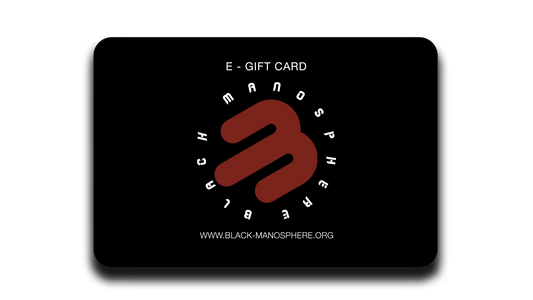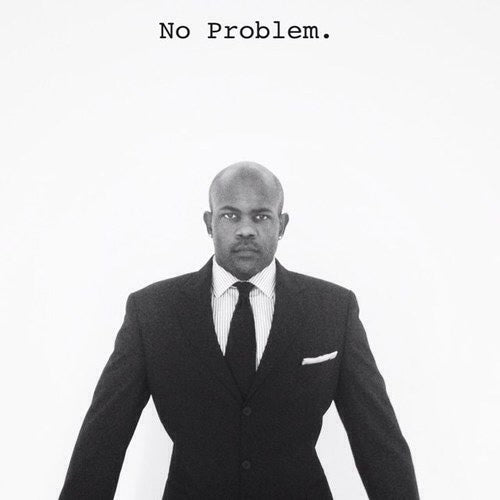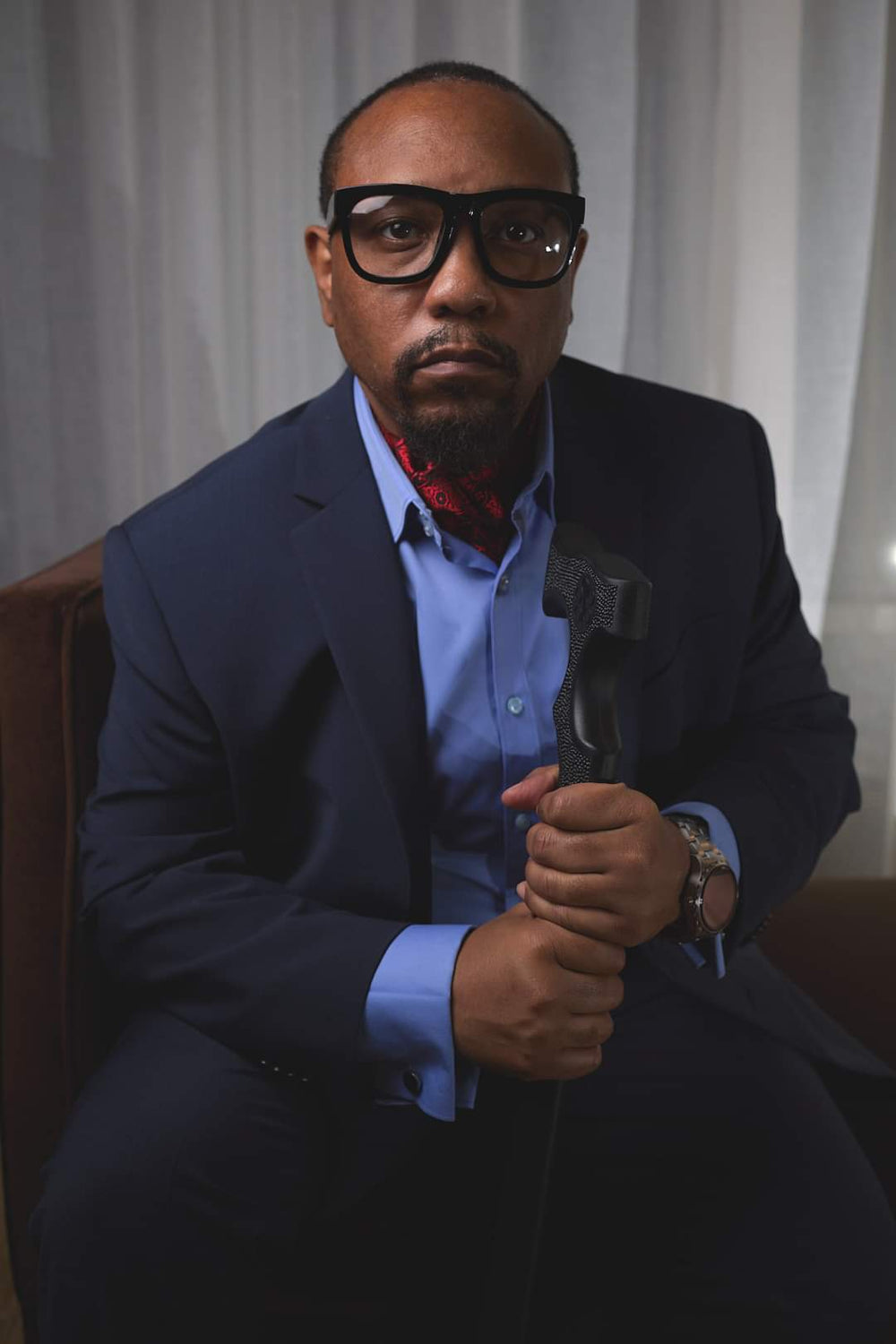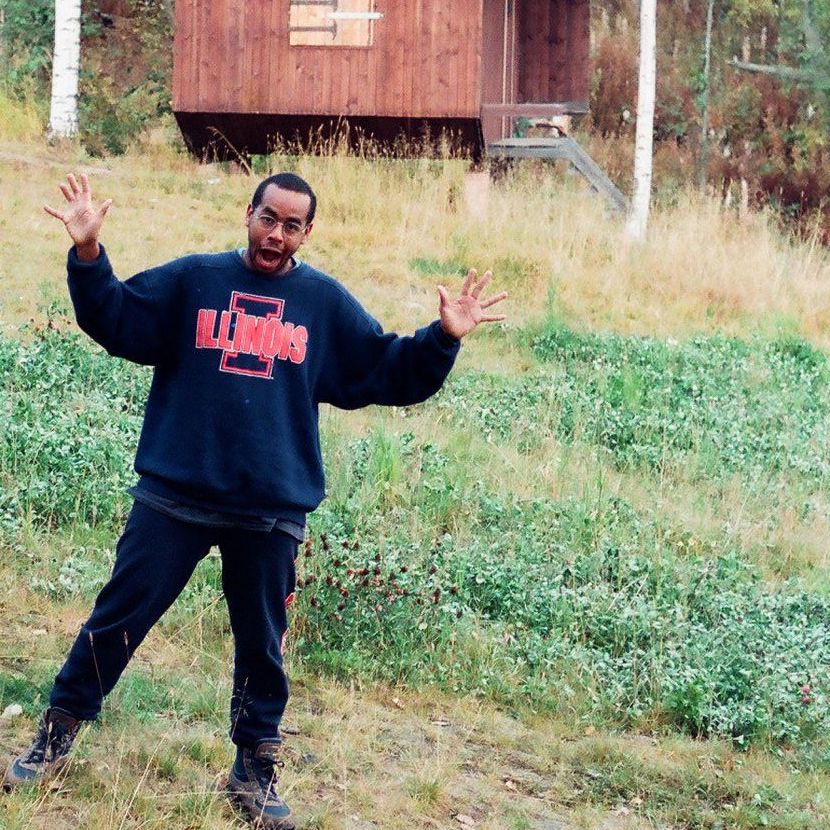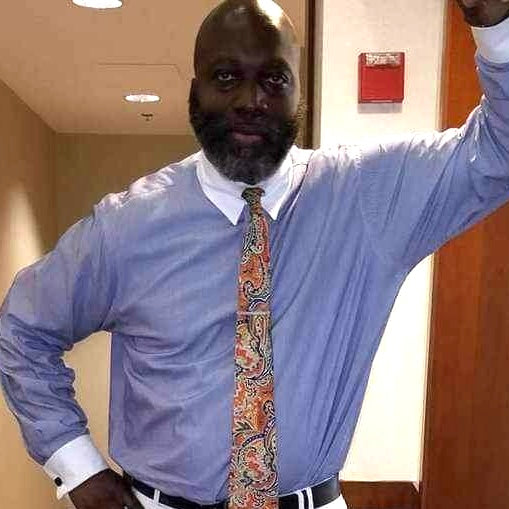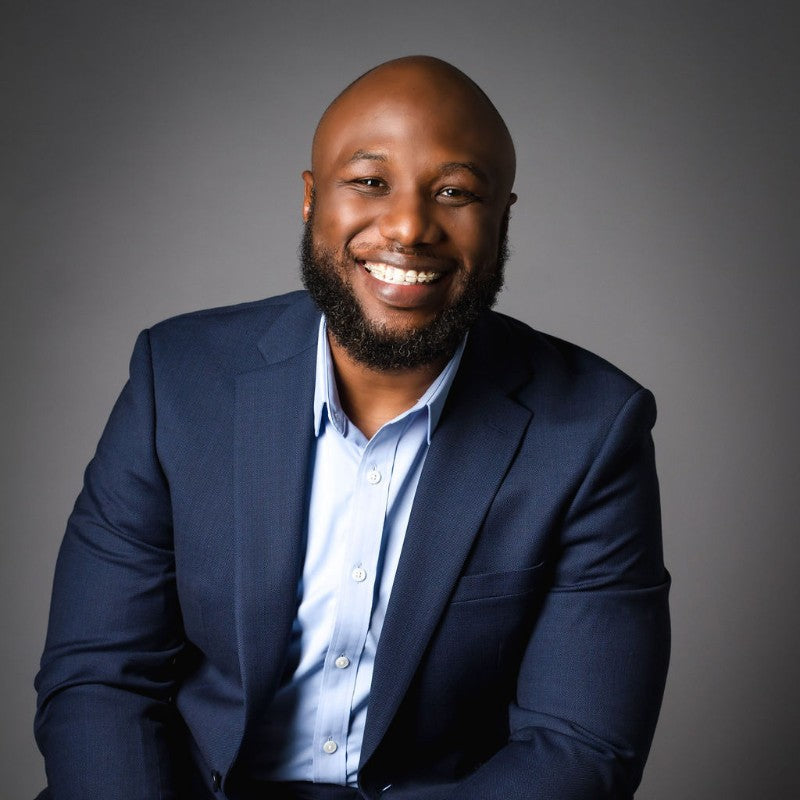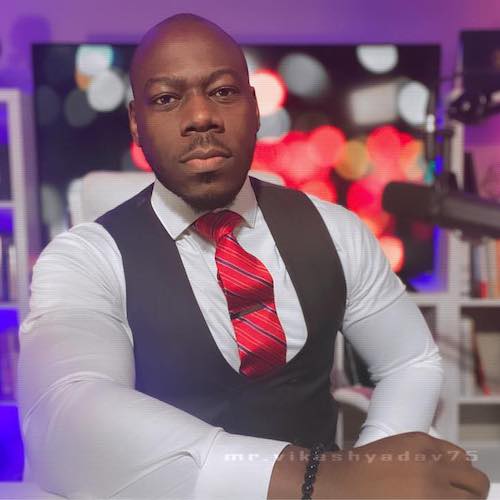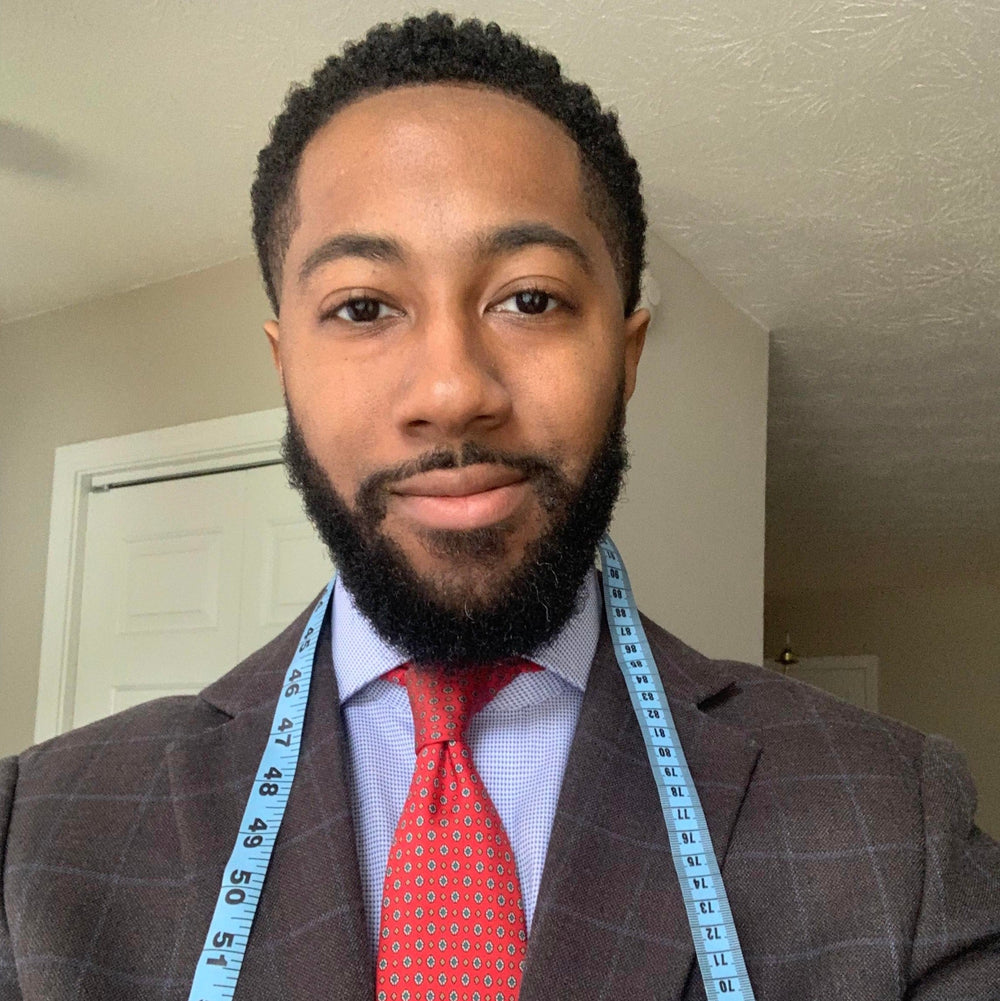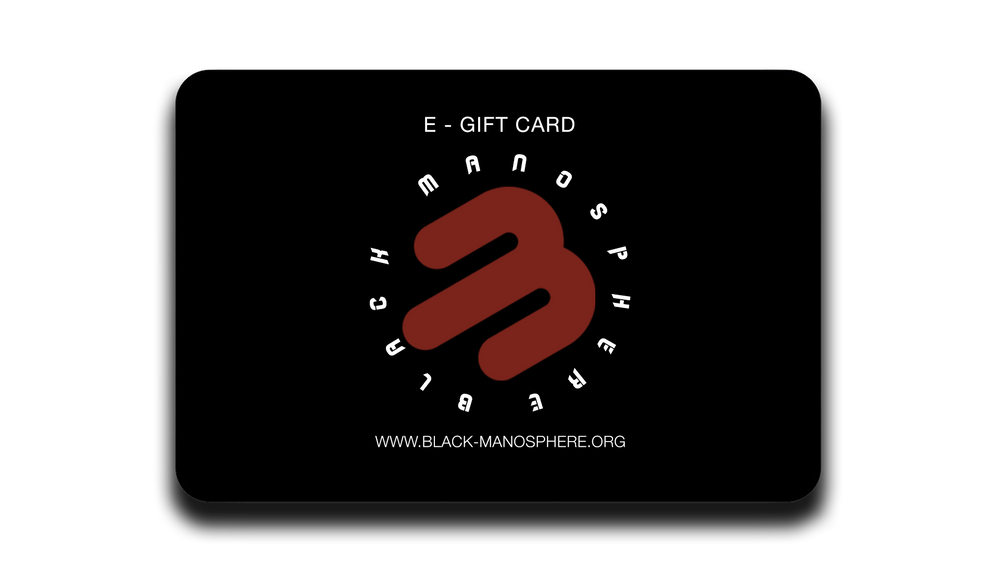12:13 PM 7/18/2025 Fri
Dear President Obama,
As a proud Black Republican in the Frederick Douglass tradition, a leader in the Black Manosphere Conclave, and a voice for Black men seeking agency and accountability, I write to you with deep respect for your historic presidency and personal journey. Your rise from a community organizer to America’s first Black president inspired millions, including myself, even as our political and ideological paths diverge. However, I must express my strong disagreement with your remarks on the July 16, 2025, episode of “IMO with Michelle Obama and Craig Robinson,” where you emphasized “emotional intelligence” and “respectful” masculinity, seemingly to hedge against Black men “blaming women” for their struggles. These comments, alongside those of your co-guest Traci Ellis Ross, who accused older Black men of “toxic masculinity,” reflect a troubling pattern that I believe gaslights Black men, undermines our agency, and perpetuates a hypocritical double standard rooted in Black feminist rhetoric. Drawing on your “My Brother’s Keeper” initiative’s irony and the 2024 Pittsburgh debacle, I propose an alternative approach—a national bus tour to listen to Black men in barbershops and on platforms like Club Shay Shay and The Pivot—and invite you to join us at the Black Manosphere Conclave in Miami to engage directly with our vibrant community.
RESPECT & DISAGREEMENT
Mr. President, your journey as a Black man navigating America’s complexities resonates deeply. Your 2008 and 2012 victories, capturing 95% and 93% of the Black vote, showcased your ability to galvanize our community. Yet, as a Douglass-inspired Republican, I prioritize individual merit, personal responsibility, and consistency over ideological conformity. Your recent podcast remarks, echoing widely publicized Black feminist talking points from figures like Brittney Cooper and @SistahScholar, clash with this ethos. By framing emotional intelligence as a counter to manosphere narratives, you suggest Black men’s frustrations—rooted in systemic issues like 13% unemployment (BLS, 2024) or 1 in 9 of us aged 20-34 incarcerated (The Sentencing Project, 2023)—are mere excuses or misogyny. This feels like a PsyOp, aligning with Scott Galloway’s similar push to deflect blame from women, and it dismisses the Black Manosphere’s agency in advocating self-improvement and accountability.
THE IRONY OF "MY BROTHER'S KEEPER"
Your 2014 “My Brother’s Keeper” initiative, launched to empower boys and young men of color, promised to address disproportionate challenges in education, criminal justice, and opportunity. Yet, a decade later, its irony stings. Black men still face stark disparities: only 26% of us hold bachelor’s degrees (NCES, 2022), and our median income lags at 76 cents per dollar earned by White men (BLS, 2023). The initiative’s focus on systemic barriers was laudable, but its execution often felt top-down, lacking the grassroots engagement Black men craved. Your 2025 podcast remarks, urging emotional intelligence over agency, seem to sideline the structural issues you once highlighted, instead shaming Black men for not aligning with Vice President Kamala Harris’s campaign. This disconnect echoes the initiative’s unfulfilled promise, leaving many of us feeling unheard. Moreover and even more directly Mr. President, I find it particularly ironic that you are discussing the Black Manosphere and what you see as its problematic impacts on Black men and boys, given your attempts to get "My Brother's Keeper" off the ground more than a decade ago, only to be met with fierce resistance in the form of well known Black feminist scholar Kimberle Crenshaw, who's op-ed in the New York Times in opposition to your program ultimately led to a hashtag campaign called #WhyWeCantWait and ultimately led to an open letter to you signed by over a thousand Black feminists, so strong was their opposition to your benign initiative. Oh, the irony, indeed.
THE PITTSBURGH DEBACLE
Your October 10, 2024, Pittsburgh campaign stop for Harris further underscored this disconnect. You suggested Black men’s reluctance to support Harris stemmed from discomfort with a woman president, stating, “You’re coming up with all kinds of reasons and excuses... part of it makes me think that, well, you just aren’t feeling the idea of having a woman as president”. This provoked a firestorm, with prominent Black men like Wendell Pierce and Stephen A. Smith pushing back, arguing you scapegoated us instead of addressing legitimate concerns like economic struggles or crime in cities like Pittsburgh. A New York Times/Siena poll showed Harris won 80% of Black voters, but trailed Biden’s 90% in 2020, with 1 in 4 Black men under 50 supporting Trump, reflecting frustration with Democratic messaging, not misogyny. Your remarks, like those on the podcast, felt condescending, alienating a loyal Democratic base and fueling manosphere pushback on X, where #BlackMenForTrump trended.
BLACK FEMINIST HYPOCRISY & THE DOUBLE STANDARD
Your podcast comments, alongside Ross’s “toxic masculinity” accusations, align with a Black feminist narrative—exemplified by Cooper’s 2019 OWN claim that Black women’s obesity stems from racial stress and Trump’s policies—that leans on systemic excuses while demanding traditional chivalry. I call this the “Oochie Wally or One Mic” hypocrisy: Black women, feminist or not, seek progressive equality when convenient, yet expect aspirational partners, as shown by Dawn Mouzone’s Rutgers research on their stringent mating preferences. Mouzone found Black women prioritize wealth, education, and physical ideals (e.g., height, fitness) more than White, Hispanic, or Asian women, rejecting “fatter/shorter” Black men or those citing systemic barriers like incarceration or unemployment. Yet, Black feminists like Cooper demand body positivity and systemic leniency for themselves. Would they accept “the system keeps me in jail” as an excuse for Black men? The answer, as Mouzone’s work suggests, is no, exposing a double standard that gaslights Black men into emotional compliance while excusing women’s shortcomings.
A BETTER APPROACH: A NATIONAL LISTENING TOUR
Mr. President, if I were in your position, I would have taken a different path—one of listening, not lecturing. Instead of finger-wagging, I’d launch a national bus tour through major Black American cities—Chicago, Detroit, Atlanta, Philadelphia—engaging Black men in barbershops, community centers, and third spaces where we gather. Barbershops, as cultural hubs, have long been platforms for authentic dialogue, as Vice President Harris recognized in her 2019 South Carolina visit. I’d sit with brothers, ask about their struggles—unemployment, incarceration, mental health (20% of Black men report depression, yet only 8.6% seek help, per CDC and SAMHSA)—and listen without judgment. I’d appear on podcasts like Shannon Sharpe’s Club Shay Shay or The Pivot with former NFL players Ryan Clark, Channing Crowder, and Fred Taylor, which reach millions of Black men weekly, and make a concerted effort to meet with Black Manosphere figures directly. These platforms, unlike traditional media, resonate with our community’s pulse, offering spaces to discuss economic opportunity, systemic barriers, and personal agency.
This approach would contrast sharply with your podcast remarks, which echoed Black feminist talking points without evidence. Ross’s “toxic masculinity” claims, like your call for emotional intelligence, lack specific examples, leaving Black men feeling shamed rather than empowered. A listening tour would have shown you value our voices, which are rarely captured in polls. While organizations like the NAACP and AP-NORC survey Black voters, Black men are often underrepresented compared to Black women, whose voices dominate feminist-driven research. A 2024 NAACP/HIT Strategies poll showed 25% of Black men under 50 supported Trump, yet few studies delve into why, sidelining our perspectives. Your influence as a former POTUS could amplify these voices, fostering dialogue over division.
A PERSONAL INVITATION TO THE BLACK MANOSPHERE CONCLAVE
Mr. President, I invite you to join us at the Black Manosphere Conclave in Miami, scheduled for September 2025. Our community—entrepreneurs, creators, and everyday brothers—rejects victimhood, embracing self-improvement, financial literacy, and accountability. We’re sharp in our views but dedicated to moving the needle in our lives, families, and communities. Your presence would be a powerful opportunity to engage directly with Black men who feel alienated by Democratic rhetoric yet respect your legacy. Come see our work, hear our stories, and join a dialogue that prioritizes solutions over scapegoating. Let’s break bread, not barriers, and show America what real brotherhood looks like.
CLOSING THOUGHTS
Mr. President, your podcast remarks, while well-intentioned, missed the mark. By aligning with Black feminist narratives that excuse women’s shortcomings while shaming men, you risk alienating brothers who seek agency, not lectures. The irony of “My Brother’s Keeper” and the Pittsburgh debacle highlight a pattern of disconnect. A listening tour, engaging Black men where we are—barbershops, podcasts, and conclaves—could bridge this gap, leveraging your influence to uplift, not admonish. I challenge you to provide specific examples of the “toxic masculinity” you and Ross critique, as vague claims fuel division. Join us in Miami, and let’s start a new conversation—one rooted in Douglass’s call for merit, responsibility, and truth.
Respectfully,
Mumia Obsidian Ali
Chief Innovations Officer
Black Manosphere Conclave
Proud Black Republican
REFERENCES:
1. Bronstein, Carolyn. “I’m Everywoman: Oprah Winfrey and Feminist Identification.” The Oprah Phenomenon, University Press of Mississippi, 2010.
2. Williams, Keira V. “‘Change-Your-Life Television’: Oprah Winfrey’s Feminist Brand.” 2023.
3. Squire, Corinne. “Empowering Women? The Oprah Winfrey Show.” Feminism & Psychology, 1994.
4. Bureau of Labor Statistics. “Employment Status of the Civilian Population by Race, Sex, and Age.” 2024.
5. The Sentencing Project. “Criminal Justice Facts.” 2023.
6. National Center for Education Statistics. “Bachelor’s Degree Attainment by Race.” 2022.
7. Centers for Disease Control and Prevention. “Mental Health Symptoms Among Black Men.” 2023.
8. Substance Abuse and Mental Health Services Administration. “Mental Health Service Use Among Black Americans, 2008-2012.” 2013.
9. Cooper, Brittney. “Black Women OWN the Conversation.” Oprah Winfrey Network, October 2019.
10. Pew Research Center. “Intermarriage in the U.S. by Race and Ethnicity.” 2018.
11. Associated Press. “Obama’s Callout to Black Men Touches a Nerve Among Democrats.” October 12, 2024.
12. NPR. “Obama, in Blunt Terms, Tells Black Men to Get Over Their Reluctance to Support Harris.” October 10, 2024.
13. The New York Times. “Obama’s Admonishing Tone to Black Men Presents a Risk for Democrats.” October 11, 2024.
14. The Hill. “Obama Faces Backlash for Comments Toward Black Men.” October 11, 2024.
15. Brookings. “Why Are Black Men Mad at Obama?” October 18, 2024.
16. Politico. “Obama: Black Men Have ‘Excuses’ for Not Supporting Harris.” October 10, 2024.
17. AP News. “Election 2024: Obama Urges Black Men to Show Up for Harris.” October 10, 2024.
18. The Guardian. “Kamala Harris Trades Barbershop Campaign Stops for a Blitz of Black Media.” October 18, 2024.
19. White House. “My Brother’s Keeper: A New White House Initiative to Empower Boys and Young Men of Color.” February 27, 2014.
20. NBC News. “With Obama, ‘All the Smoke’ and ‘Huddle-Ups,’ Harris Ramps Up Outreach to Black Men.” October 31, 2024.
21. ABC News. “Obama Rips Trump, Chides Black Men Over ‘Excuses’ for Not Voting for Harris.” October 10, 2024.
22. CNN. “Obama Tells Black Men It’s ‘Not Acceptable’ to Sit Out Election.” October 10, 2024.
23. The New York Times. “Black Voters Drift From Democrats, Imperiling Harris’s Bid, Poll Shows.” October 12, 2024.
24. NBC News. “Obama on the Campaign Trail Has One Particularly Tough Crowd: Young Black Men.” October 21, 2024.
25. The Obama Foundation. “My Brother’s Keeper Alliance Celebrates 10 Years of Making a Difference for Black Youth.” October 21, 2024.
24. AAPF (June 17, 2014). "Why we can't wait: Women of Color Urging Inclusion in "My Brother's Keeper"". AAPF. Retrieved February 16, 2023.
25. Mouzon, Dawne. "Why Has Marriage Declined among Black Americans?". Scholars Strategy Network, Oct 26, 2013.
